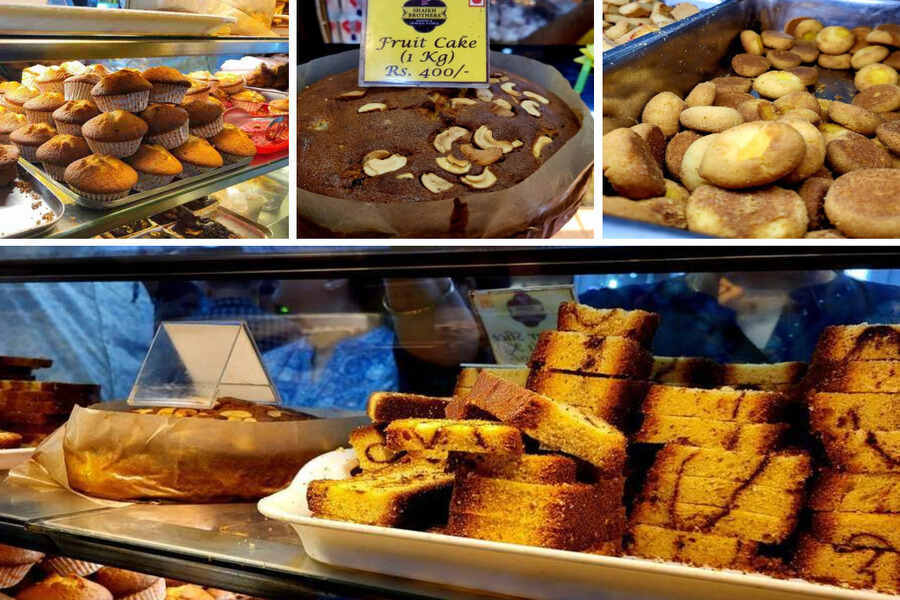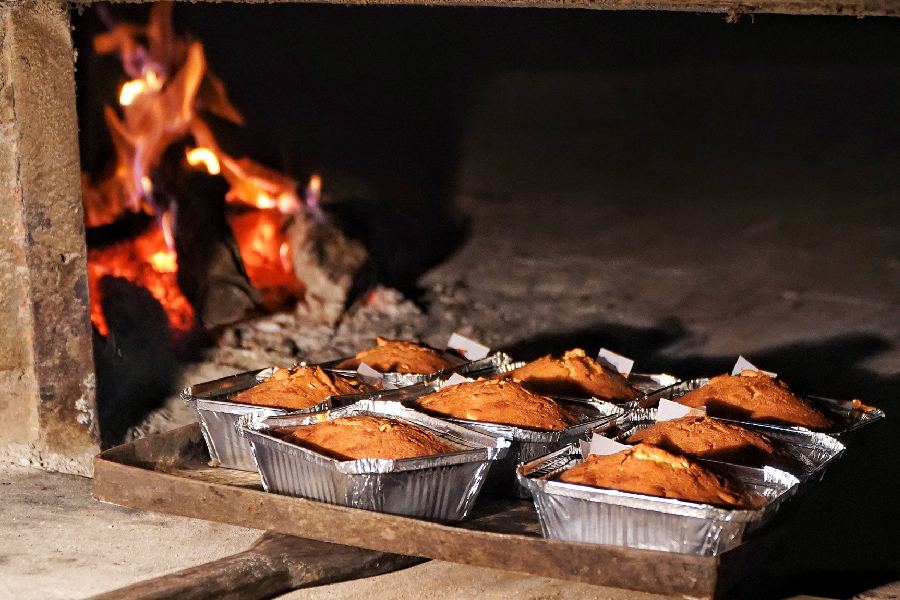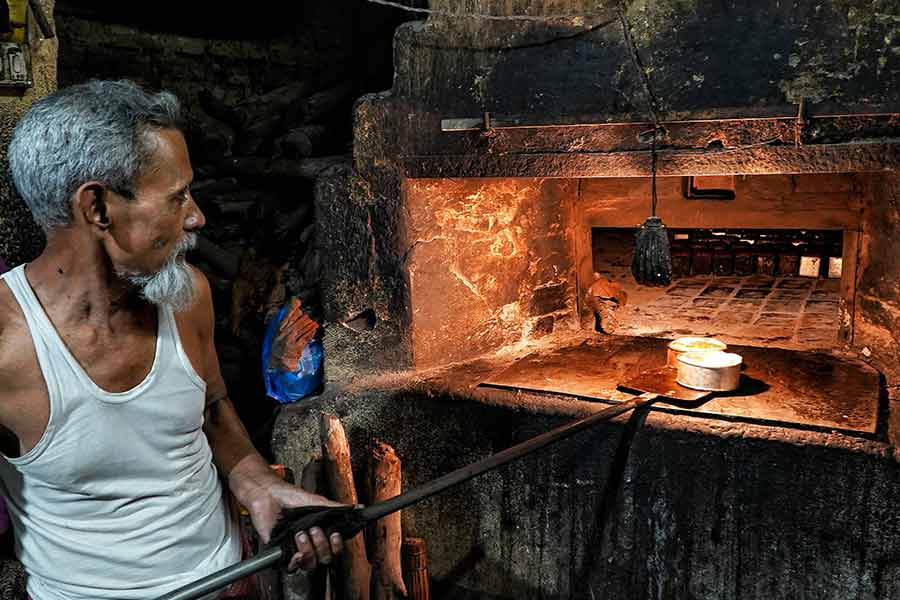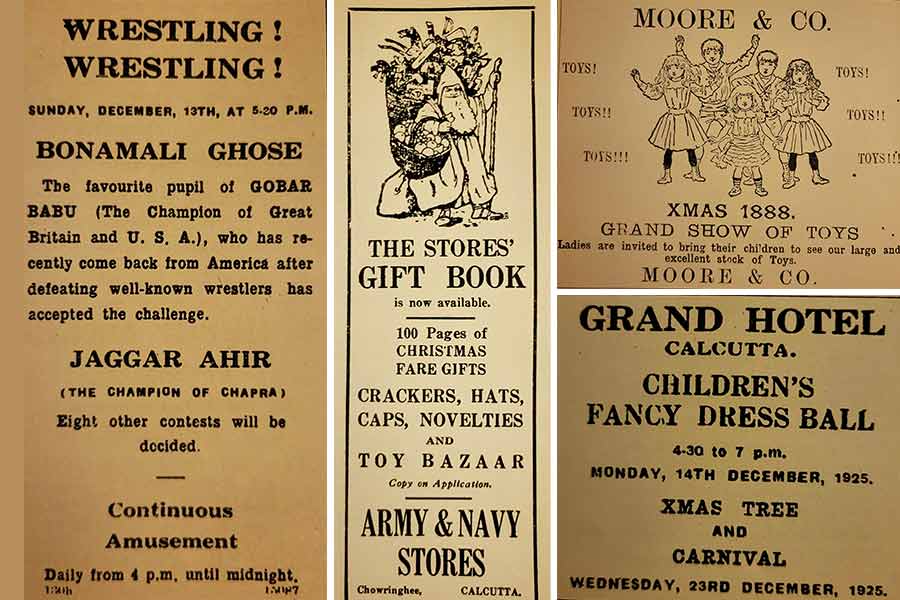If Pune has its own Kayani, Calcutta has its own Nahoum & Sons and Bombay has its own Yazdani to glow bright in the list of India’s oldest surviving bakeries serving lavish spread of mouthwatering cakes, bread, pastries, pudding, biscuits and cheese straws to countless customers over generations, there is one more to come on top of all, from Guwahati which is surprisingly oldest in this list.
Astonishing it may sound but the reality is India’s oldest surviving bakery is not in a big city.
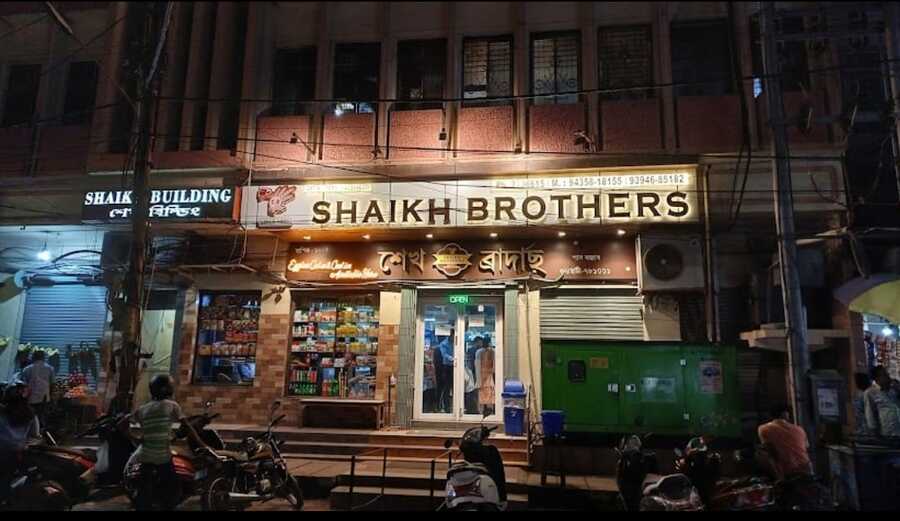
Today, with nearly 60 employees, the baking house of the Shaikhs consumes nearly 2,500 eggs, 300kg of sugar and 500kg of butter every day
It is at Thalassery in Kerala. The bakery named Royal Biscuit Company, established by one Mambally Bapu in 1880, still enjoys a good reputation.
While just five years after that, in 1885, history was scripted, rather baked, in Guwahati of Assam, when a Bengali from a village named Jashar near Hooghly’s Arambagh town, started a small set-up of baking breads, which almost overnight won the hearts of both British and natives. It still does so, 140 years counting.
Thanks to the rapid commercial success of tea plantations across Assam, the British investments increased manifold in the northeastern part of the country and eventually, resulted in large mobilisation of Euro-American people to Assam for many commercial interests.
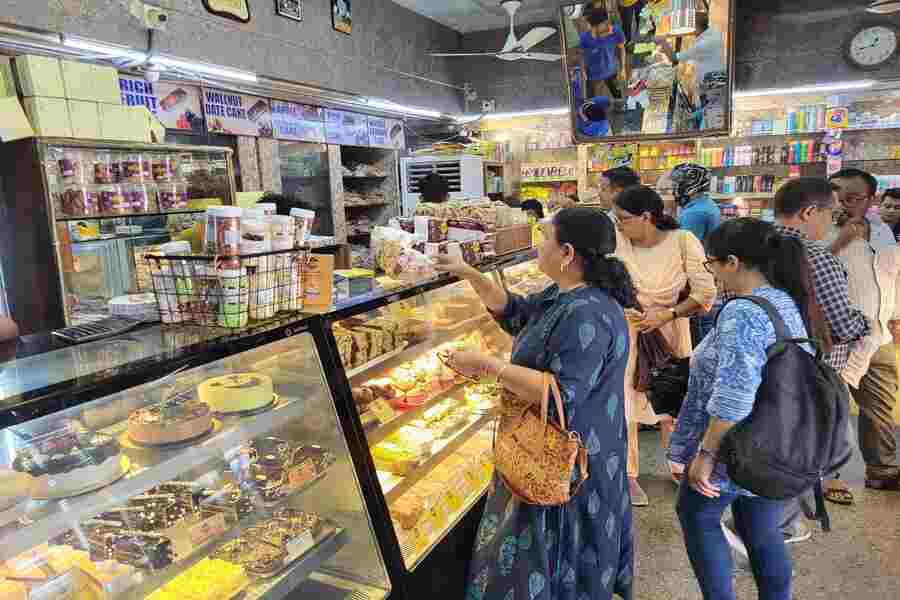
The 140-year-old establishment continues to attract a steady stream of clientele throughout the year
By the middle of the 20th century, a new British Assam was taking shape from Shillong, then administrative headquarters of Assam from where a huge landmass, which includes today’s Assam, Syllet of Bangladesh, Meghalaya, Mizoram, Nagaland and Arunachal Pradesh was ruled. Guwahati by then connected by rail and had become the main commercial hub of the entire North-East.
It was also the time when a new British Assam was emerging with new lifestyle that included elite clubs for planters, huge golf courses, football grounds, churches, bars, theatre halls etc. Needless to say the demand for freshly baked cakes, loaves, mousse, tarts, pastries, patties and all other westernised snacks were growing fast.
In 1881, a young man from Bengal’s Hooghly district named Shaikh Ghulam Ibrahim migrated to Assam to execute road construction work. Before leaving Bengal, Shaikh had a good business of baking loaves and cakes at north Calcutta’s Mirzapur Street. His business suffered badly due to the outbreak of plague in Calcutta in the early-1880s and he looked to Assam for an alternative profession for subsistence.
However, after reaching Guwahati he took little time to realise that bakery products had a huge potential in Assam and the market was totally unexploited till then. He first set up a soda water plant and soon took a huge risk with confidence.
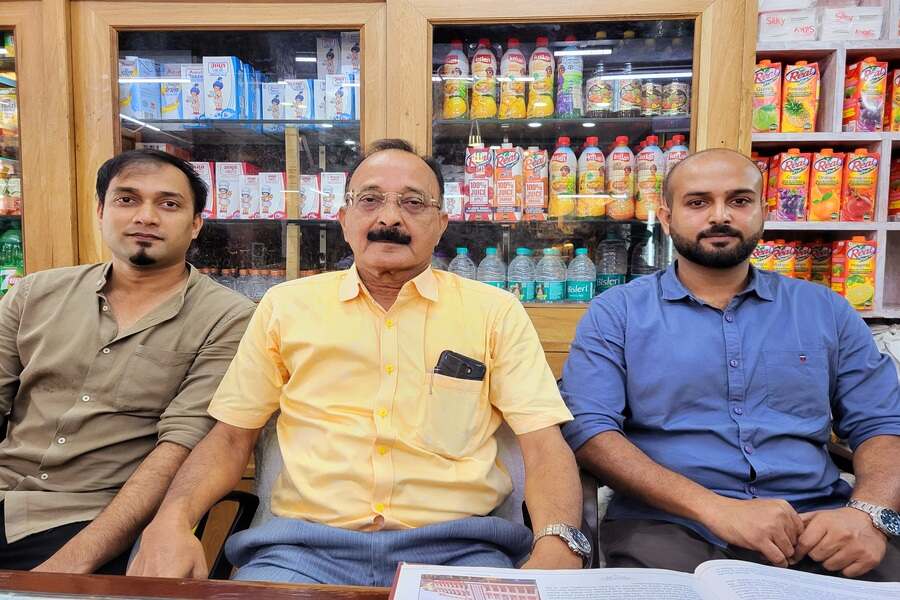
The business is mainly run by Altah Hussain who is based out of Guwahati since his birth and his nephews, Sahariar and Shahid
Shaikh banked on his skill of making loaf and cake opened his small shop at an Assam hut establishment in Guwahati in 1885. Little did he know at that point of time that with his shop he and his business will cement their position in the pages of history as the oldest bakery of the Northeast and one of the oldest surviving bakery businesses of India.
By then, his two younger brothers Shaikh Sobiruddin and Shaikh Kabiruddin had joined him from Bengal and the Shaikh Brothers Company was on a go.
Soon the first big deal came from British government itself in the 1890s, when their small entity based on the high quality of its products, bagged big order from Governor of Assam then stationed at Shillong.
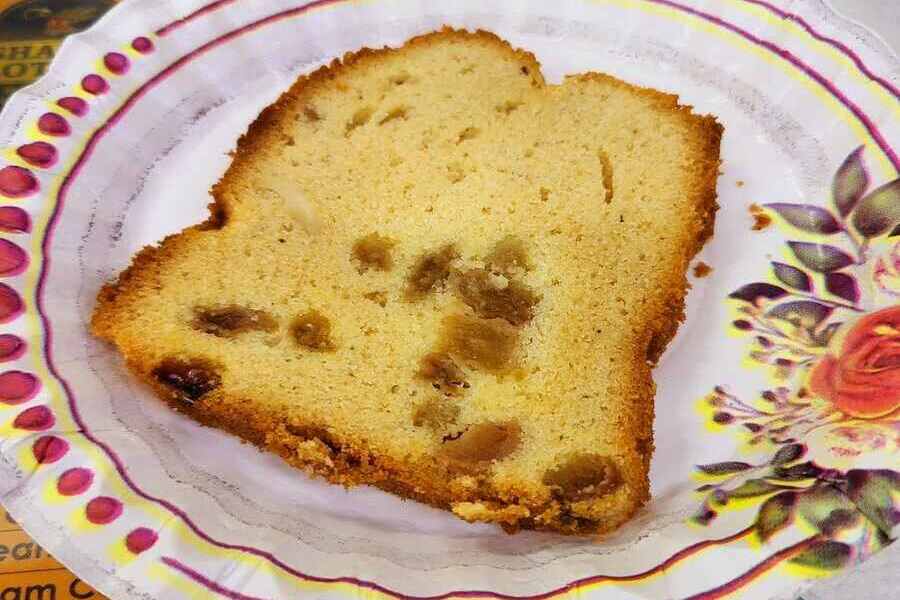
In the 1890s, the small entity based on the high quality of its products, bagged big order from Governor of Assam then stationed at Shillong
Their products soon became the talk of the town and the supply started moving beyond Shillong and Guwahati. Among natives, it took some time to popularize. Bread, cakes and biscuits were still considered westernised food. Plus, their religious identity became another obstacle in establishing clientele but all these were blown off as soon as their excellent quality started winning hearts of common people.
Over the next 25 years, business boomed and a new shop was opened in Guwahati’s prime business centre called Pan Bazar.
It started having regular orders from all corners of Assam and its supply became doubled to chief commissioner’s house in Shillong.
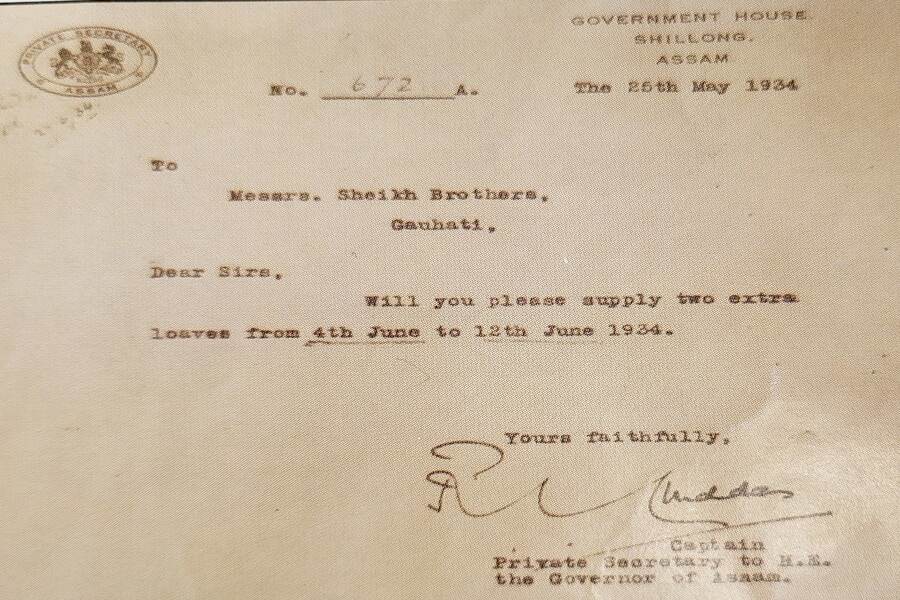
The Shaikh family are still proudly preserving a yellowed letter page which is an order letter dated May 25, 1934 from the Governor House to supply two extra loaves from June 4 to June 12, 1934
Since 1905, when GB Fuller became Lieutenant Governor of Assam, cartfuls of freshly baked products of Shaikh Brothers used to move from Guwahati to Shillong daily in horse-driven carts. After a few years, a notification was soon published in the Assam Gazette, announcing Shaikh Brothers as official supplier to the Government of Assam — a rare recognition for any Indian bakery. Federico Peliti, the Italian confectioner operating from Calcutta, which was the official confectioner to the Viceroy of India was pioneer in such kind of glory.
Both British and Indian Governors whoever was appointed as head of Government of Assam both before and after independence were admirer of Shaikh Brothers cakes and cheese straws. Be it John Henry Kerr or Sir Michael or Robert Neil Reid all were great admirers of Shaikh Brothers.
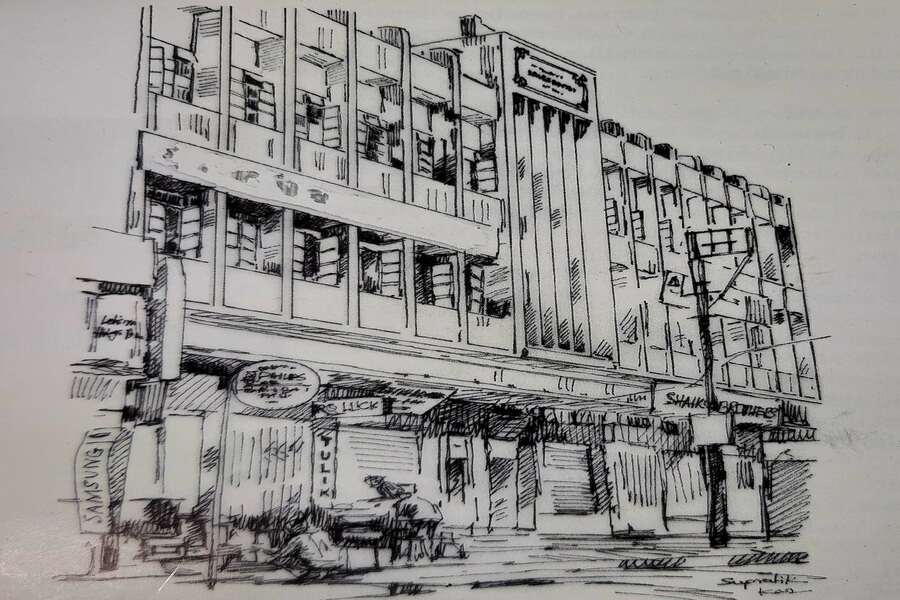
An artist’s impression of the building housing Shaikh Brothers
Heritage Guwahati, a famous coffee table book written by Dipankar Banerjee proudly mentions the diary entry of Assam Governor John Henry Kerr dgted November 24, 1923, where a sad Governor sitting at the Governor House of Shillong writes about no supply of breads from Guwahati on that day because the road connecting between Guwahati and Shillong were under repairs. He makes it clear that “Local bread is too hard and sticky….Gauhati bread is soft”. Needless to say this ‘Gauhati bread’ is nothing but the bread made by Shaikh Brothers.
The book gives further evidence of the Shaikh Brothers goodwill by mentioning a special sanction of Rs 380 for getting bakery items such as biscuits, cakes and breads from ‘Gohati’ bakery for the Governor’s Xmas party and all had to be supplied by 12 noon of the event.
The Shaikh family are still proudly preserving a yellowed letter page which is an order letter dated May 25, 1934 from the Governor House to supply two extra loaves from June 4 to June 12, 1934. This shows in the era of Raj Shaikh Brothers used to enjoy a near-monopoly in supplying bakery products to Euro-American community of Assam and other states of Northeast.
Jawaharlal Nehru was also fond of cheesestraw made by this bakery and on his visits to the Northeast, special orders used to be placed by the Government of India. Though Nehru himself never visited the bakery in the crowded Pan Bazaar of Guwahati but his daughter Indira paid several visits to get her favourite savouries packed from this shop.
In later years, the subsequent generation took the reputation of the organisation to a different level. The bakery reached its pinnacle of glory as soon as Shaikh Khuda Afez, Shaikh Ali Hussain and Sheikh Sultan Hussain took over. It was the time when the cake shop was converted into a departmental store but the focus on bakery remained its prime business.
Today, the business is mainly run by Altah Hussain who is based out of Guwahati since his birth and his nephews, Sahariar and Shahid. Sahariar, who is the key person to run the business, is too proud of his family heritage and he takes no rest while talking about its glory.
“Come what may we do not make any compromise in quality – we procure the best of ingredients as our grandfathers used to do 100 years ago.” He opens a coffee table book to show that once wheat and cheese used to come from Australia, yeast used to be imported from Belgium, cashew nuts were from Goa and dry dates used to come from Peshawar. They even used to hire expert bakers as far as from Burma. One such man was Gulu Mistri, a superb baker from Burma, who used to bake excellent cheese straw. Gulu’s secret mixing formula is still well-guarded by the Shaikh family.
As the Christmas and New Year week passes, the Guwahati shop of Shaikh Brothers is overcrowded as usual. People from every corner of Assam, Meghalaya, Mizoram and Nagaland arrive to pick some of the most mouthwatering Xmas savouries and cakes from this shop. Even today for many families in Mizoram and Meghalaya, Christmas celebrations are incomplete without cakes from Guwahati’s Shaikh Brothers.
Today, with nearly 60 employees, the baking house of the Shaikhs consumes nearly 2,500 eggs, 300kg of sugar and 500kg of butter every day. It makes nearly 60 different items, which include 700kg of biscuits and 8,000 pounds of loaves daily. During Christmas time, it increases by 40 per cent daily.
Despite having a rich heritage and grand footprint in the history of India’s bakeries, the name of Assam’s pride is often forgotten. Thanks to food vloggers and travel reel makers, the organisation is slowly coming back to the limelight but still lagging behind compared to other century-old heritage baking house of India.
“We will soon make our presence in a bigger way,” says young Sahariar and Shahid, who belong to the current generation to run the show. With the tempting aroma of freshly baked cakes wafting in the shop, the veteran Altah Hussain ‘uncle’ of Sahariar and Shadid nods his consent silently.
